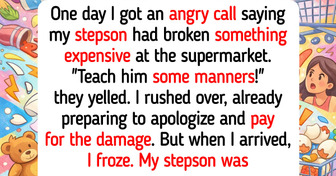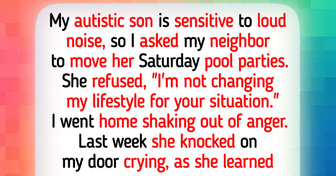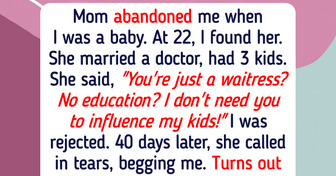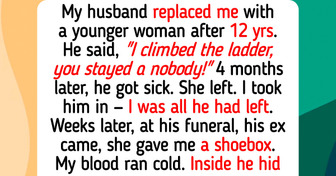20+ Moments That Prove Quiet Kindness Is the Only Language Everyone Speaks
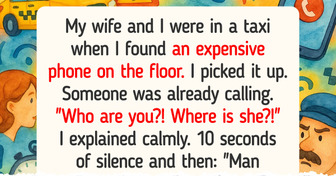
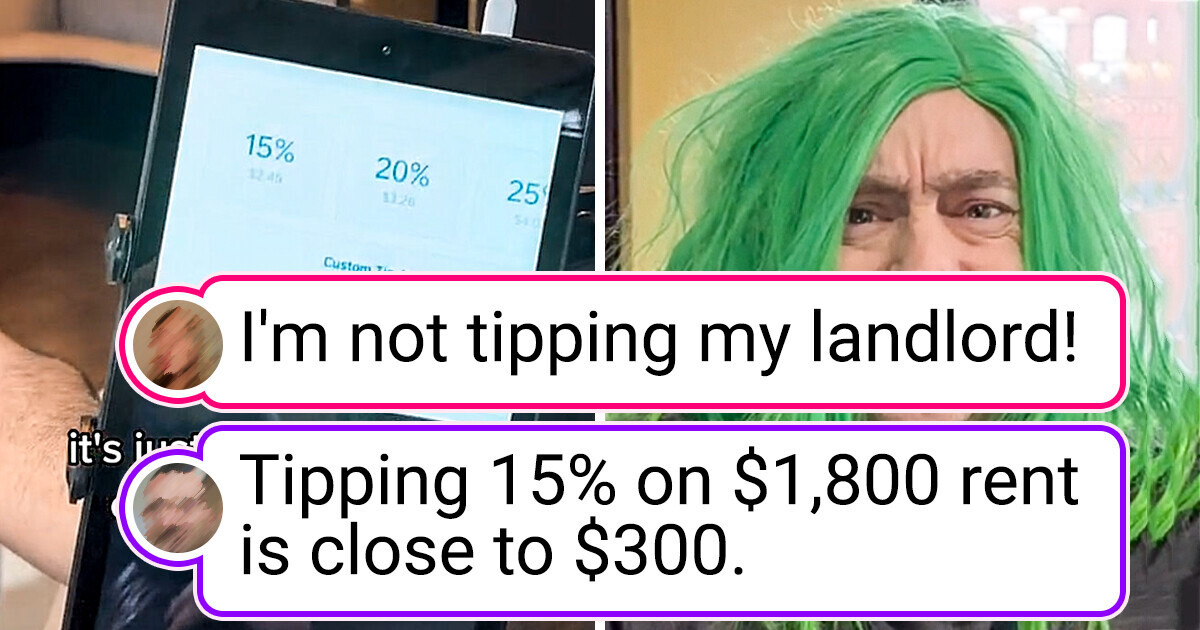
A Real Estate TikTok skit recently went viral proposing the idea of tipping landlords monthly. The skit argued landlords work harder than service professionals and deserve tips for collecting rent. However, this notion was met with widespread disbelief and criticism from viewers who found it bizarre and unwarranted. Commenters on the video humorously roasted the idea, highlighting the contrast between tipping service providers and the concept of tipping landlords for their regular duties.
A real estate TikTok account recently sparked controversy with a skit proposing the idea of tipping landlords. In the skit, a tenant questions the concept of tipping a landlord after paying rent, likening it to tipping servers or delivery people.
“Landlord: Alright, thanks for paying your rent this month. Go ahead and sign here. It’s just gonna ask you a couple of questions.
Tenant: A tip? I’m not tipping my landlord.”
The landlord argues that they provide a significant service, including 24/7 availability for emergencies, and questions why tenants wouldn't tip for such essential services. They compared this to tipping in food or dining services, emphasizing landlords' responsibilities like solving tenant problems and ensuring a safe home.
The landlord's funny remark about adding a tip during lease renewals added humor to the talk about tipping rules in different services. In short, the skit playfully talked about what we expect from landlords and how we acknowledge their efforts.
While tipping is often associated with American customs, its roots trace back to Tudor England, where it began as a way to reward exceptional service among servants. Over time, social expectations and the desire to maintain appearances led to a widespread practice of tipping in various settings, including coffeehouses and guesthouses.
Although anti-tipping laws were difficult to enforce due to workers' willingness to accept tips, the movement against tipping did have an impact, spreading to Europe where stronger labor protections reduced the reliance on tips. While tipping is still common in Europe, it's not as expected or ingrained in societal norms as it is in the United States.
Here are some comments from people:
What are your thoughts on all of this? And before you go, we have another article discussing how people are leaning towards tipping less after learning about server’s hourly pay, highlighting the ongoing debate around tipping culture and its perceived challenges.


